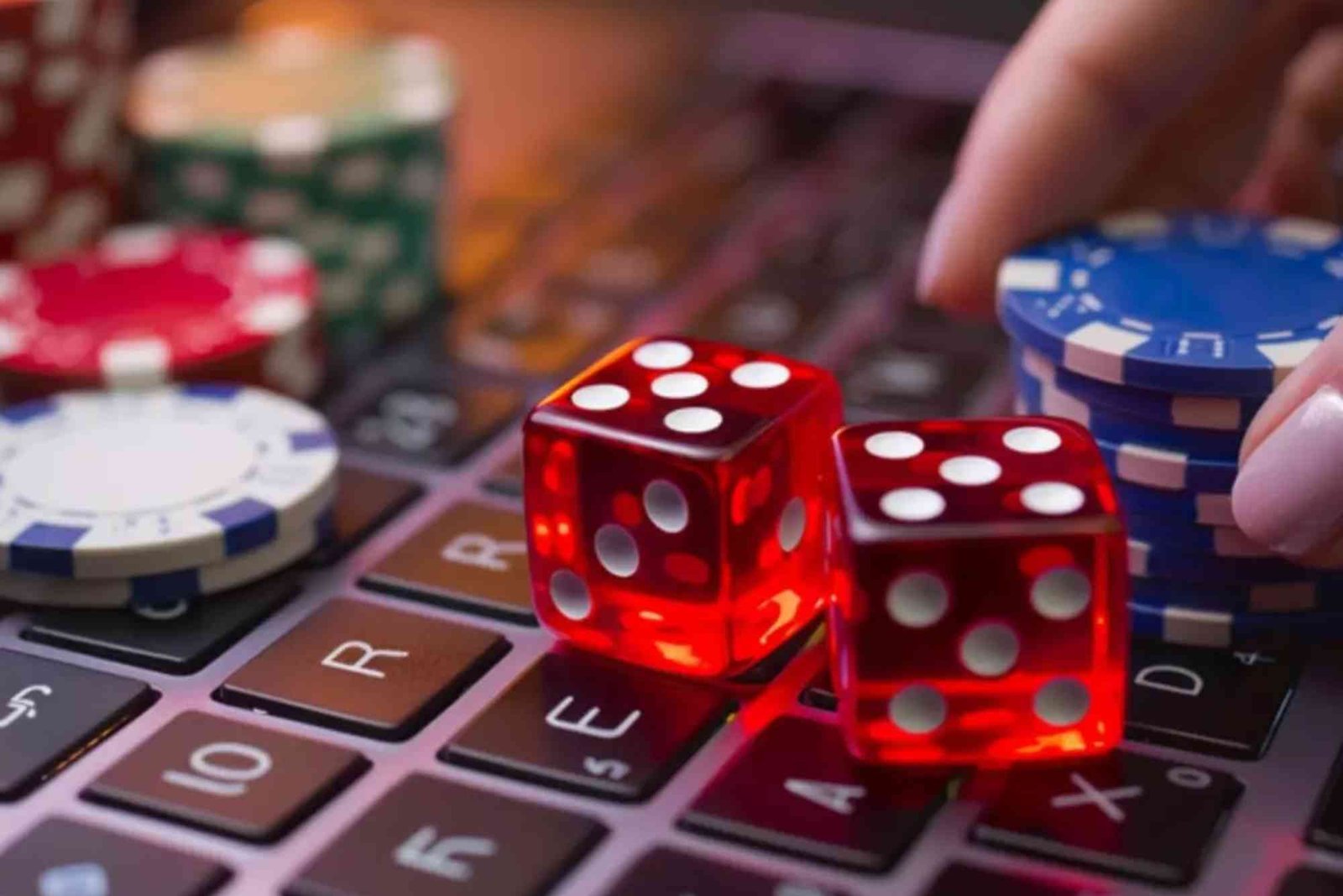When you think of sports betting, the first thing that comes to mind is often numbers — odds, statistics, and probabilities. But ask any experienced bettor, and they’ll tell you that psychology is just as important, if not more so, in determining long-term success. Bookmakers thrive on understanding human behavior, and their odds are often shaped by public sentiment rather than purely mathematical models. This raises an intriguing question: can sports bettors flip the script and use psychology to outplay the bookmakers?
From my own years of observing the industry, I’ve seen patterns that suggest bettors who understand both their own mindset and the psychology of the masses often stand a better chance of finding value bets. This isn’t about tricking the system — it’s about recognizing human bias and using it to your advantage.
Understanding the Psychological Edge in Betting
Bookmakers are masters of psychology. They know that the majority of bettors will lean towards favorites, back their favorite teams, or chase winning streaks. They set odds not only based on statistical probabilities but also on how the betting public is likely to behave.
This creates opportunities for those who can step outside the emotional pull of fandom and sentiment. For example, while the average bettor might back a Premier League giant simply because of their reputation, a more disciplined bettor can identify when the odds are inflated by public enthusiasm and instead find value in the underdog.
The principle here is simple: if you understand how the majority thinks, you can often anticipate where the bookmakers have adjusted the odds to exploit those biases. That’s the sweet spot for bettors looking for an edge.
Linking Psychology With Market Behavior
One of the clearest ways psychology plays into betting is through market overreactions. When a star player is injured, odds often swing dramatically as bettors rush to wager against that team. Yet, data frequently shows that teams adapt better than expected, and the market overshoots in response to news.
Experienced bettors who remain calm during such hype-driven shifts can capitalize on lines that offer more value than they should. Similarly, during tournaments or high-profile matches, the public tends to overbet on narratives — like “momentum” or “revenge” — even when statistics suggest otherwise.
This psychological insight into how betting markets react gives sharp bettors an edge, but only if they have the discipline to act rationally when others don’t.
The Role of Self-Discipline and Bias Awareness
While understanding the crowd is vital, sports bettors must also master their own psychology. Chasing losses, overestimating one’s ability, and falling prey to optimism bias are among the most common pitfalls.
The bookmakers count on these weaknesses. If you’ve ever found yourself upping your stake after a losing streak because you felt “due a win,” you’ve stepped into a classic psychological trap. By recognizing these biases — confirmation bias, gambler’s fallacy, loss aversion — bettors can start making decisions based on value rather than emotion.
This is why psychology is a double-edged sword in betting: you must analyze not only the bookmakers and the market but also your own mindset.
Drawing Parallels With Non-Traditional Markets
Interestingly, psychology-driven betting strategies are not limited to mainstream sportsbooks. Alternative gambling spaces, such as non uk licensed casinos, also operate in environments where player psychology shapes outcomes. Here, too, operators design promotions, bonuses, and games with an understanding of behavioral triggers — from loss-chasing patterns to risk-seeking in bonus rounds.
This parallel highlights that whether you’re betting on football or playing online slots, the key to success lies in recognizing when your decisions are being nudged by psychological biases rather than objective reasoning. Bettors who can detach from these triggers often find themselves making smarter, more profitable decisions over time.
Can Bettors Truly “Outplay” the Bookmakers?
It’s important to clarify what “outplaying” the bookmakers really means. The house edge exists for a reason, and long-term profits are incredibly difficult to achieve without a deep knowledge of the sport, disciplined bankroll management, and a willingness to exploit inefficiencies.
However, psychology can help bettors tilt the scales in their favor on a bet-by-bet basis. Spotting when odds have shifted due to public overreaction, avoiding emotional wagers, and applying disciplined strategies all contribute to reducing losses and identifying positive expected value opportunities.
Bookmakers will always hold an advantage overall, but psychology offers a path to finding those occasional cracks in the system. Bettors who treat gambling as a mental discipline rather than a rush of adrenaline often enjoy greater success and sustainability.
Practical Ways to Apply Psychology in Betting
The real challenge lies in practice. Here are some practical, experience-driven insights I’ve found valuable:
Stay Detached From Favorites: If your favorite team is playing, skip the bet. Emotional attachment clouds judgment.
Look for Overreaction: Odds often swing too far after injuries, suspensions, or sensational news stories. These moments are ripe for value.
Bankroll Discipline: Set limits before you start and stick to them. This isn’t just financial advice — it’s psychological armor against impulse betting.
Study Public Betting Trends: Markets where 80% of bets are on one side often present opportunities on the other, as bookmakers balance risk with inflated odds.
By consistently applying these principles, bettors can minimize their psychological vulnerabilities while capitalizing on the predictable mistakes of others.
The Future of Psychology in Sports Betting
With the rise of data analytics and AI-driven odds, the role of psychology in sports betting may evolve, but it will never disappear. Technology may refine probabilities, but humans still drive the betting market — and human behavior will always be influenced by bias, emotion, and perception.
For sharp bettors, this means opportunity will always exist. By blending statistical research with psychological awareness, bettors can position themselves as informed players rather than emotional gamblers.
The future may bring even more challenges as bookmakers adopt advanced tools to further manipulate bettor behavior, but the underlying truth remains: those who master psychology — both their own and that of the crowd — will always stand a better chance of staying ahead.
Conclusion
So, can sports bettors use psychology to outplay the bookmakers? The answer is yes, but only in a nuanced sense. It’s not about beating the house long-term, but about carving out advantages in moments when psychology causes markets to overreact or bettors to misjudge.
Bookmakers thrive on human error, but the flip side is that bettors who recognize and control their own biases, while exploiting the predictable behavior of the crowd, can level the playing field. Psychology may not guarantee riches, but it certainly offers the sharpest edge available to those serious about sports betting




